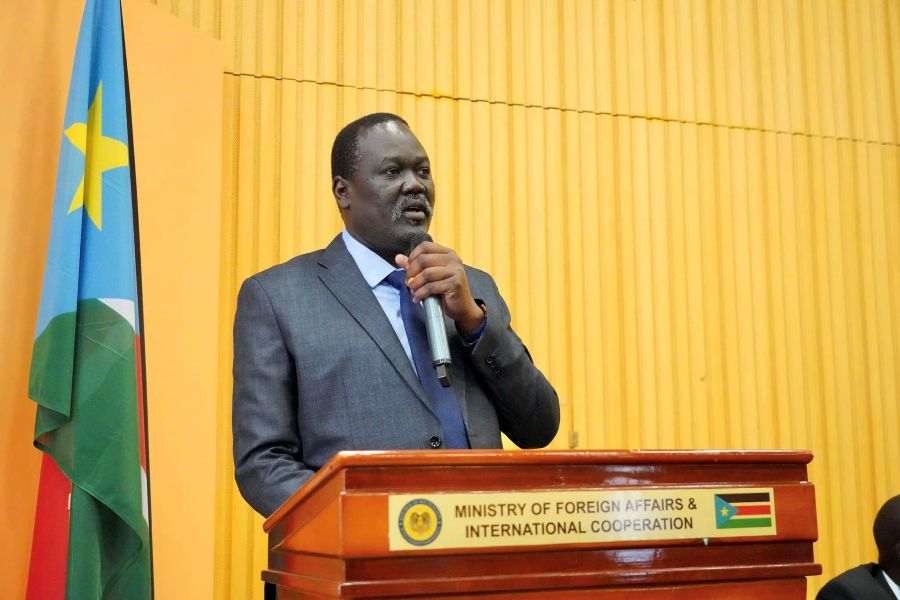By Judy Maina
NAIROBI—Although the latest round of peace talks in Nairobi has collapsed, South Sudan’s prospects for stability remain intact due to significant progress made before the negotiations faltered.
The discussions, which commenced on May 9, ended abruptly last month after the Sudan People’s Liberation Movement-in-Opposition (SPLM-IO) walked out.
The SPLM-IO, led by Dr. Riek Machar, objected to certain protocols under discussion, claiming they would compromise the integrity of the 2018 Revitalised Agreement on the Resolution of the Conflict in the Republic of South Sudan (R-ARCSS).
This accord, a crucial peace framework, was originally signed between President Salva Kiir’s SPLM, the SPLM-IO, and other political factions.
The Nairobi talks, known as the Tumaini Initiative, aimed to incorporate groups that had previously stayed outside the R-ARCSS framework. Despite the SPLM-IO’s withdrawal on July 12, the negotiations achieved preliminary consensus on eight vital protocols:
Confidence-Building Measures; Communal Violence and Land Issues; Justice Sector Reforms, Transitional Justice and Accountability; Security Sector Reforms; Permanent Constitution Process; Economic Recovery; Humanitarian Access and Support; and Responsibility Sharing.
Dr. Cirino Hiteng, a member of the Implementation Committee and representative of Pagan Amum’s Real-SPLM, indicated that the remaining tasks involve finalizing responsibility sharing and developing an implementation matrix.
“The negotiations are nearly complete, with only the matrix and responsibility sharing left to address,” he said.
Despite the setback, the agreements reached thus far provide a foundation that may help mitigate South Sudan’s instability and guide its transition toward a more unified governance structure.
The writer of this story can be reached at: judy.maina@alleastafrica.com



